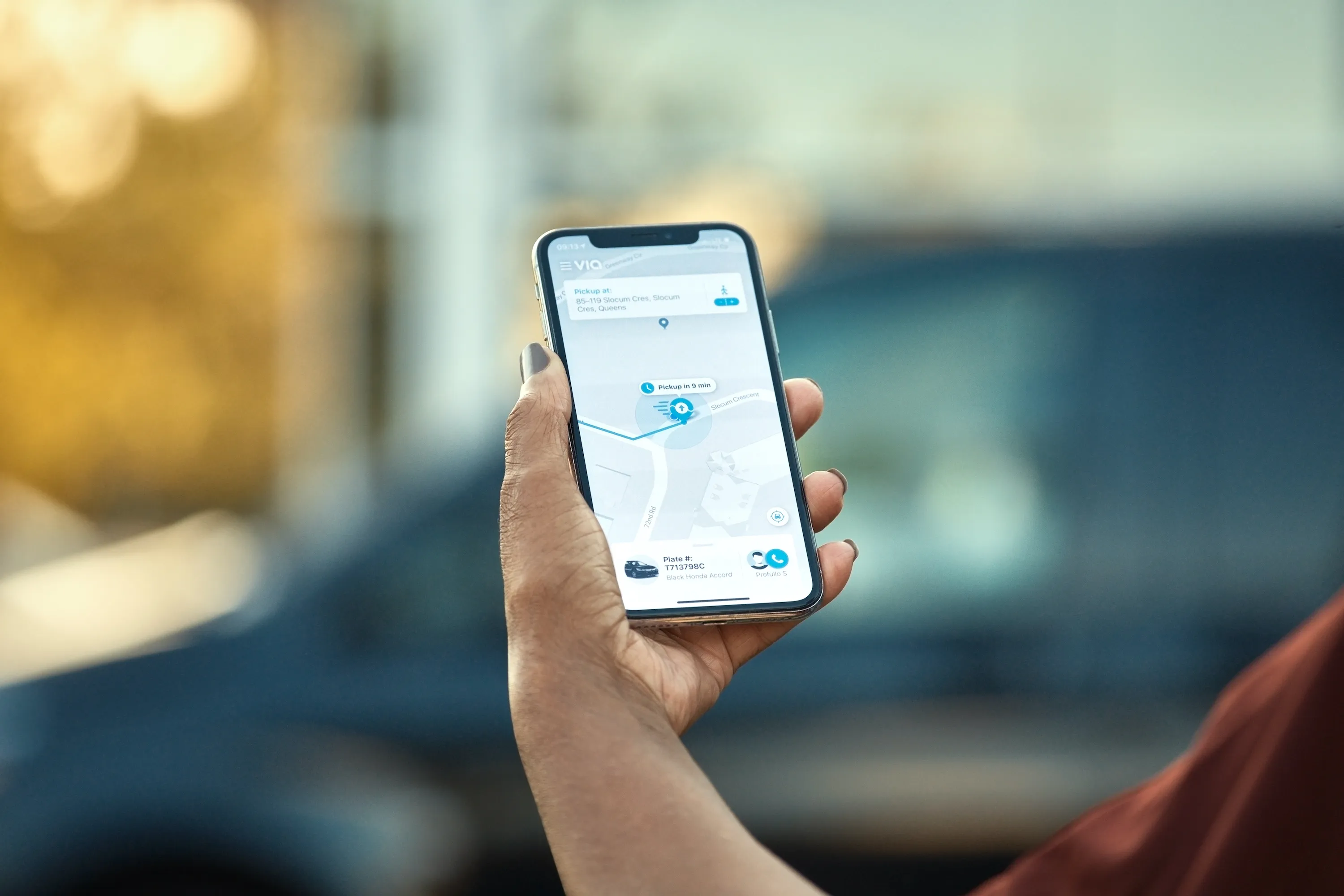An electric vehicle has won the Institution of Mechanical Engineers’ Formula Student event for the first time in the competition’s history. ETH Zurich, from Switzerland, stormed to victory with an extraordinary total of 921.3 points at Silverstone as 2,000 students from around the world battled for the prestigious title. Another electric vehicle, built by German team UAS Zwickau, claimed second place while a petrol-powered car from the University of Stuttgart C came third.
July 9, 2013
Read time: 1 min
An electric vehicle has won the 5025 Institution of Mechanical Engineers’ Formula Student event for the first time in the competition’s history.
ETH Zurich, from Switzerland, stormed to victory with an extraordinary total of 921.3 points at Silverstone as 2,000 students from around the world battled for the prestigious title. Another electric vehicle, built by German team UAS Zwickau, claimed second place while a petrol-powered car from the University of Stuttgart C came third.
It is believed to be the first time that an electric vehicle has beaten cars powered by combustion engines in any accredited motorsport competition.
Formula Student is the world’s largest student motorsport event. Run by the Institution of Mechanical Engineers, it challenges student engineers to design, build and race a single seat racing car in one year.
ETH Zurich, from Switzerland, stormed to victory with an extraordinary total of 921.3 points at Silverstone as 2,000 students from around the world battled for the prestigious title. Another electric vehicle, built by German team UAS Zwickau, claimed second place while a petrol-powered car from the University of Stuttgart C came third.
It is believed to be the first time that an electric vehicle has beaten cars powered by combustion engines in any accredited motorsport competition.
Formula Student is the world’s largest student motorsport event. Run by the Institution of Mechanical Engineers, it challenges student engineers to design, build and race a single seat racing car in one year.








